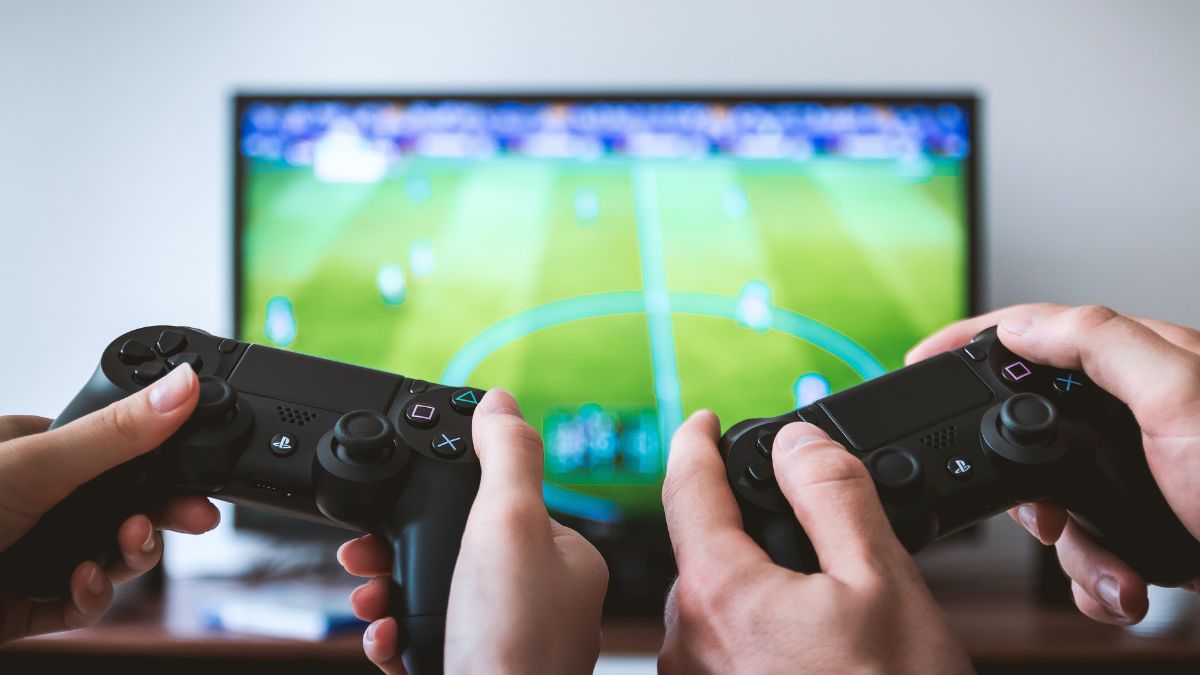An unbeatable poker bot gives glimpses of video game AI’s destiny
Share

Whether playing a diversion in Red Dead Redemption 2 or a complete game unto itself, poker lovers are automatically vexed by an AI heedless of Kenny Rogers’ timeless advice about holding, folding, and so on. Some bots on the desk can be bluffed off any hand; others will not be bluffed. Some will fold at the slightest provocation, even as others’ names increase with even worse playing cards than you have.
Players have about as much visibility into their CPU combatants’ behavior as they do their cards, that’s to say, none. For that purpose, research posted by excessive-stage trouble solvers at Facebook and Carnegie Mellon University caught my attention in advance this week. Just don’t expect it to be exposed in a video game each time quickly. But their Pluribus poker AI is great in that, through fun, PC engineers have again emulated a behavior previously normal as the handiest human in nature. And that’s bluffing.

This is actually for quite a few AI breakthroughs,” Noam Brown, a research scientist with Facebook and the bot’s co-author, instructed me on Thursday. “Many of the matters that we assume are constrained to human capability are virtually viable to do with an AI. People’s idea within the Nineteen Fifties that playing chess was a completely human aspect that computer systems cannot do,” Brown elaborated. “Then human beings’ concept that is playing Go at a grand grasp degree, that’s a human issue that an AI might no longer be capable of doing. Then, human beings thought bluffing was this very human component that an AI might now be unable to do. And we see that, in truth, an AI can bluff better than any human alive.
The clinical first that Brown’s studies represent comes with a few qualifiers. Scientists have used poker to observe AI conduct and to learn earlier. In 2015, researchers at the University of Alberta constructed a poker bot that becomes essentially unbeatable in-player limit Texas preserve them. And, of course, packages as common as video games have put multiple AI participants at a poker desk, specifically at the peak of the poker craze at the flip of the century.
The AIs that people like me are extra acquainted with aren’t so analytical as they may be the frequency of behavior applied to a certain state of affairs, whether or not that’s common hand electricity primary to raise at the flop. For years, poker simulators have featured AI sliders for competitive and conservative play, whose software only teaches a human to play with disciplined fingers no matter what someone else does. That’s before we get to bluffing, considered a human artwork form due to the tells or inclinations in different players gifting away their self-assurance, or lack thereof, in their fingers.
Coresoft’s World Championship Poker series for PlayStation 2 even had a bluffing minigame, making it a more viable tactic. But more frequently, you’d get runs wherein opponents, known as the whole thing, raised inexplicably or hung on to rubbish palms like they were a couple of jacks. These video games weren’t sustainably pleasing because most gamers might beat themselves out of boredom or impatience.
Pluribus is unique because it is greater or less, and it analyzes the effect of bluffing — that is, making a bet with a vulnerable hand — rather than promoting competition at the power of what it’s maintaining. “The bot doesn’t view it as deceptive or lying in any way; it just perspectives it as ‘This is the motion that’s going to make me the most money in this situation.'” Brown stated.
Brown and his CMU colleague Tuomas Sandholm created Pluribus, which resembles a chess AI that might be computing outcomes and hypotheticals many steps in advance. Brown and Sandholm’s bot handiest seems two or three movements earlier. This short-time period of recognition helped make its bluffing tendencies opaque to the five human experts Pluribus roundly defeated over 10,000 fingers. It raises an existential query of what defines bluffing extra: The conduct or the result?
Brown wasn’t starting up to answer that, although. His interest in poker, as a research environment, goes back to his undergraduate days at Rutgers University about 15 years ago. “This whole concept that there may be this, you already know, a mathematical method to the game, this ideal method that, if you could play it, no one can beat you,” fascinated Brown. Professional gamblers have touted systems for different video games with differing intellectual rigor and honesty levels for years. Poker appears machine-evidence as it depends on incomplete or imperfect records, in preference to blackjack, go, or chess. The facts are understood by all contributors (in which the blackjack dealer can not act independently).
But in a way, Brown has confirmed that a strategy can be developed for steady winning ($1,000 an hour) in poker — it’s just no human can do the immediate math necessary to play it. This is one of the thrilling things about this AI; it’s not adapting to its opponent,” Brown said. “It has an approach. It’s fixed; it doesn’t modify what it’s playing primarily based on how human beings play. This whole idea that there could be one of these approaches in the sport, I located virtually charming, and that’s what drew me to studying it extra. It turned into a mystical inexperience; we recognize this strategy exists; however, we can find it.
An information release for Pluribus touted the almost storage-lab nature of the hardware powering it — a sixty-four-center server with less than 512GB of RAM, running over eight days, evolved the AI. Researchers expected that cloud servers used to teach this system would require the most effective fee of $150. But don’t anticipate Pluribus to return into virtual poker rooms and start trashing all of us or to educate up a generation of ambitious human gamers pocketing a grand an hour. Brown stated there aren’t any plans to turn Pluribus into any form of commercial work. The AI is a proof of idea whose instructions will provide useful resources to Brown and other researchers as they address PC conduct in even more complex conditions.















